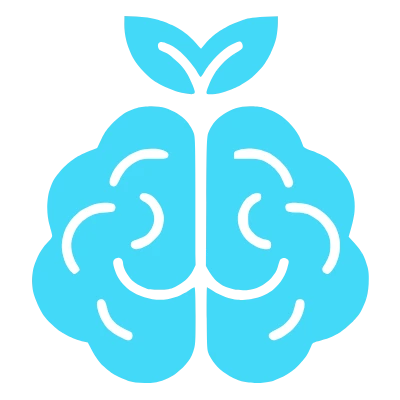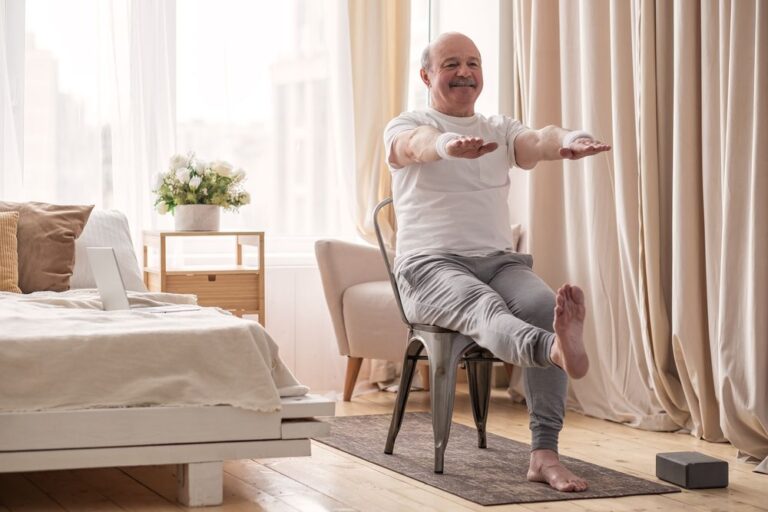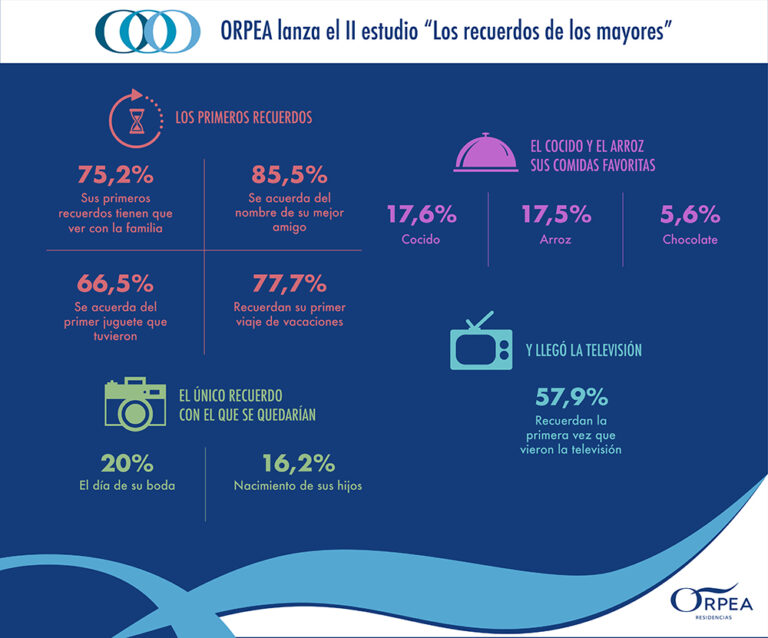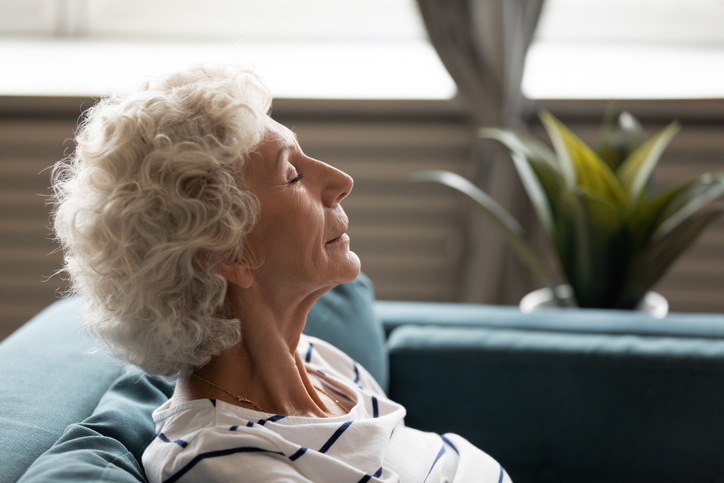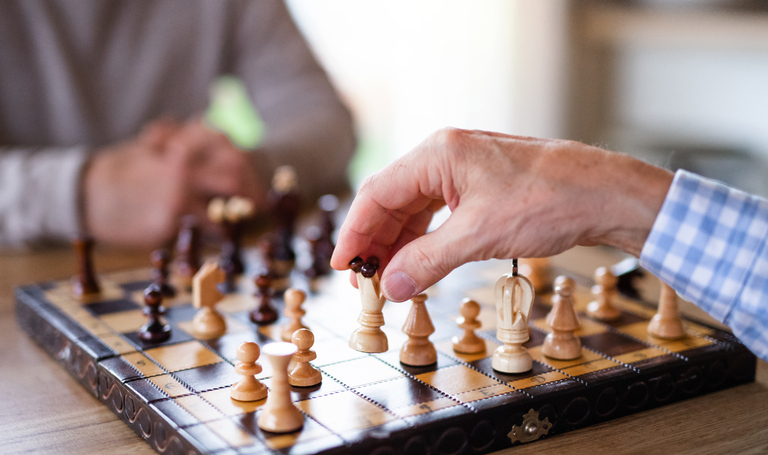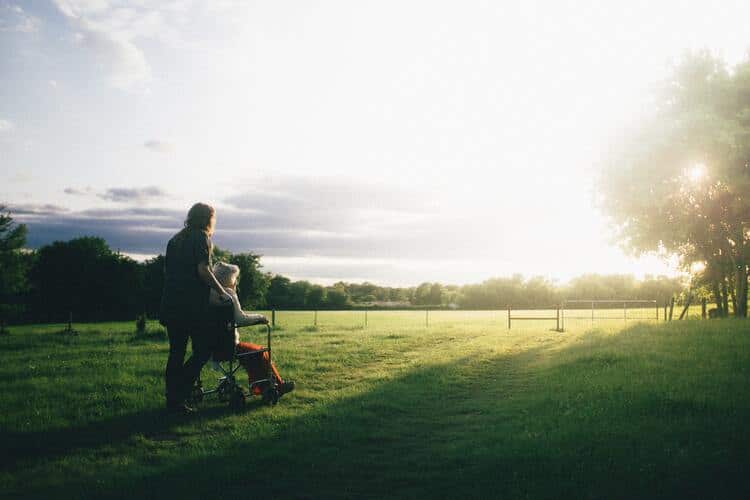The limitations that an elderly person has when carrying out day-to-day tasks without help cannot be measured by a mathematical formula. There are, therefore, different levels and types of dependence: physical, mental, psychological, economic, social and cultural.
Aging is linked to the progressive loss of physical abilities. There are different causes that can limit older people physically, such as: loss of mobility, chronic diseases, loss of sight or hearing, or drug use. The degree of these limitations varies from one person to another, and someone who suffers from a specific illness may be less dependent than someone who does not suffer from any illness.
Part of the disability that older people show is attributed to the context, and we can act on this to improve the independence of the older person.
Sometimes, caring for and helping older people can lead to greater dependency. That is why it is important to work on promoting autonomy as much as possible.
The first thing we must do to achieve this is to condition the physical space: through elements that safely help the person carry out the tasks of their daily lives. Adapting the home is the first step to achieve this.
The social environment can work in our favor or against us. The family and close people should avoid these 3 behaviors to avoid encouraging the elderly person’s dependency:
- Perform tasks that the elderly person is capable of doing themselves. We must observe what the person is capable of doing without help, and avoid doing it for them.
- Admonish them when they do not ask for help. Although sometimes we think that they are taking a risk, “scolding” them when doing something on their own decreases their degree of autonomy.
- Not recognizing the fact that they do things for themselves. When an older person performs a task autonomously, it is necessary that it have a positive consequence for them, such as recognition.
Despite what is often thought, autonomy can be learned, regardless of your age, if you follow the advice mentioned above. Additionally, establishing routines in their activities and encouraging them to try to do things on their own will help them become more independent.
By improving the autonomy of an older person, we are not only helping them overcome their limitations, we are also improving their self-esteem. We live in a society that appreciates and promotes autonomy, so when a person feels dependent and needy to carry out the daily tasks that they have been doing independently all their lives, they feel unproductive, vulnerable and weak. In addition to promoting their autonomy, there are other ways to help an older person improve their self-esteem, such as: asking for their opinion, considering it in the decision-making processes, respecting their privacy in the bathroom…
Promoting the autonomy of older people also implies benefits for the people around them, since not only will they have more time for themselves, since they will not need to invest as much time in caring for the person, but they will be pleasantly rewarded by seeing the older person capable of taking care of themselves.
Do you know any other tricks to make an older person more autonomous and improve their self-esteem?
